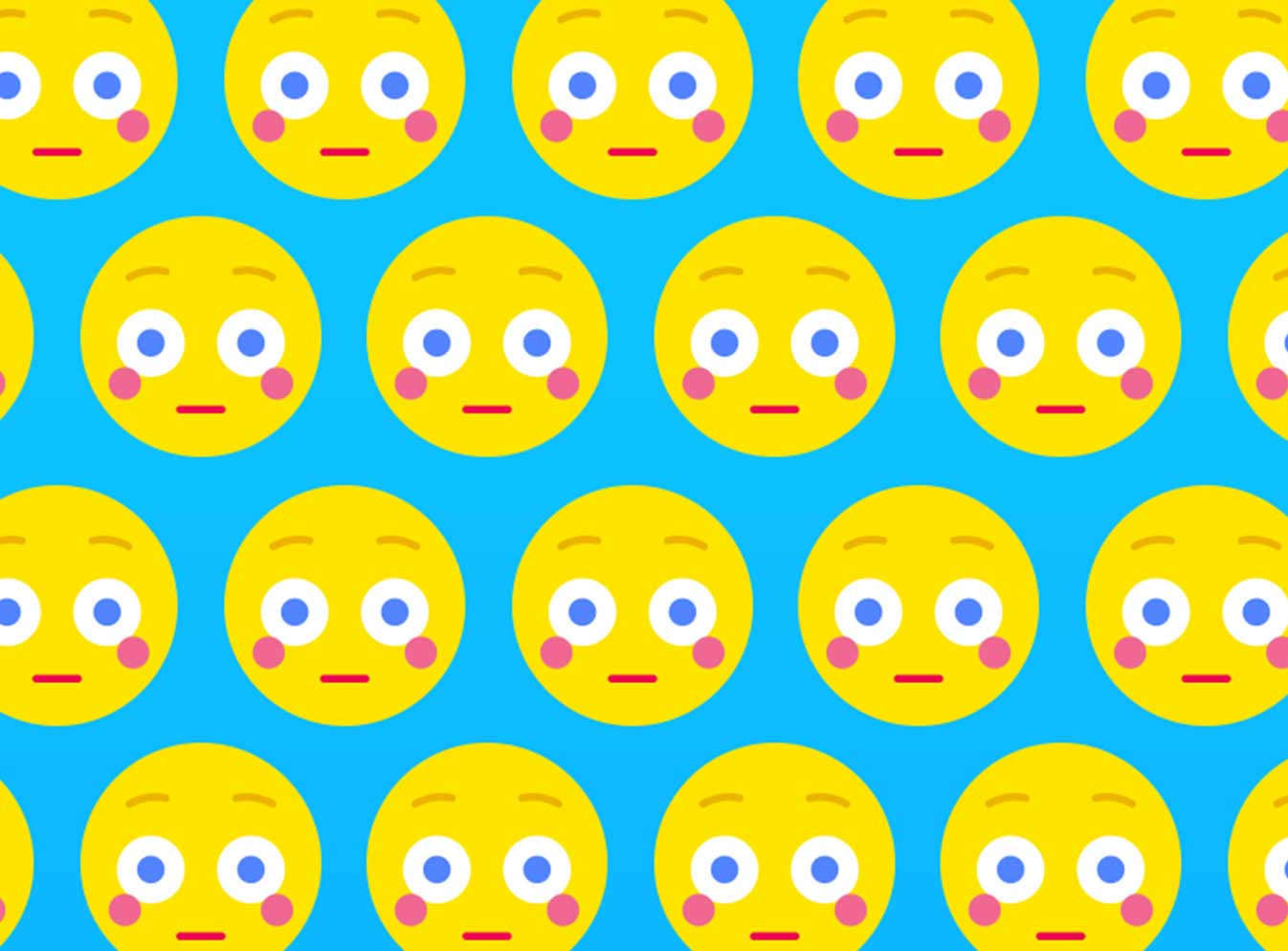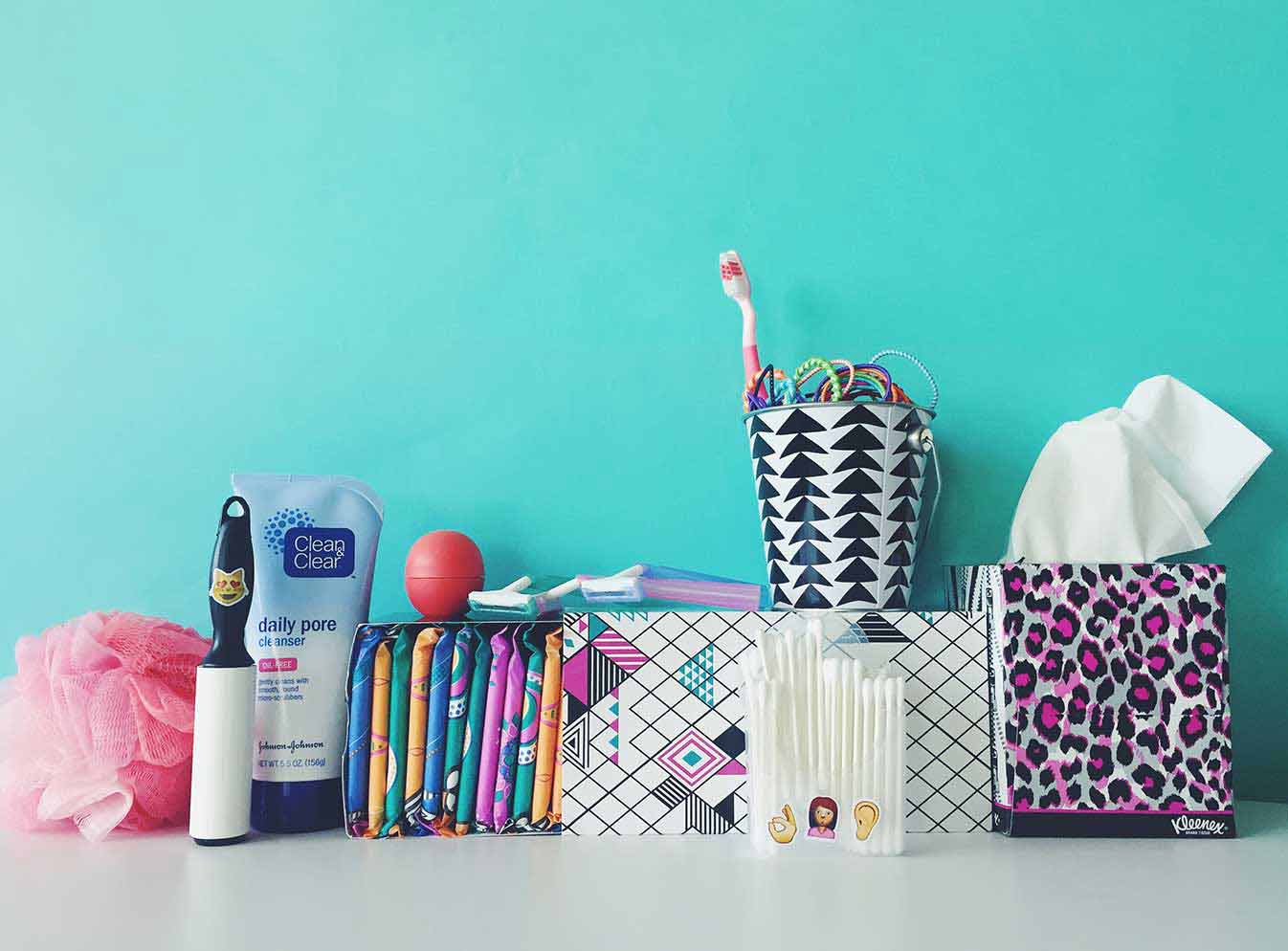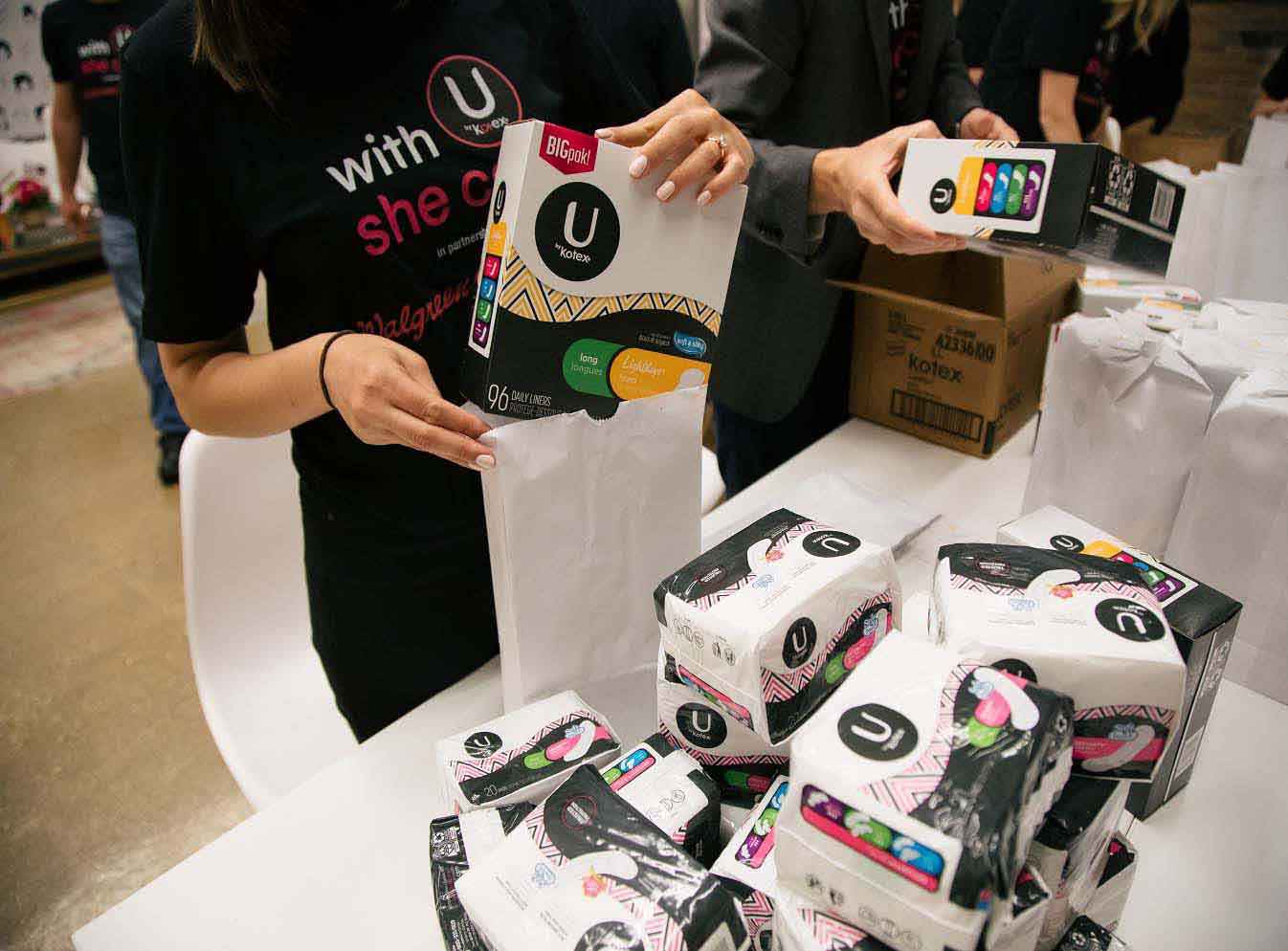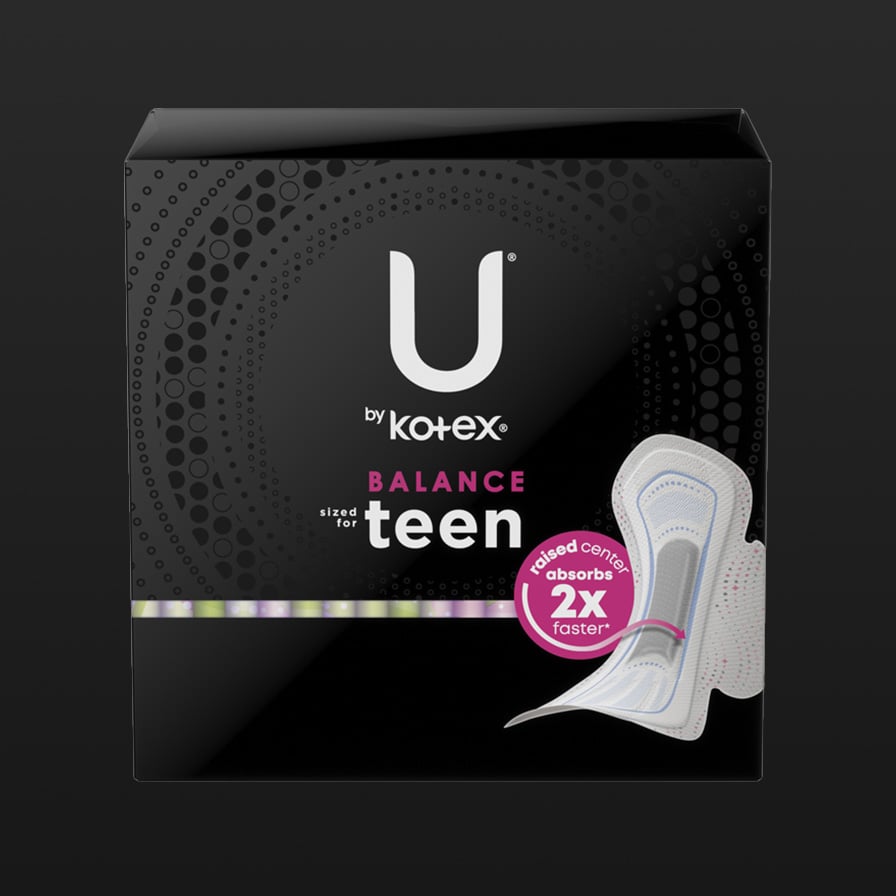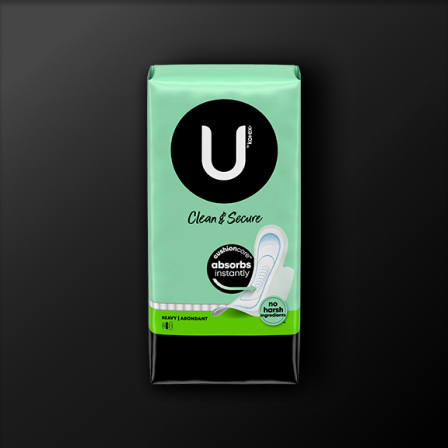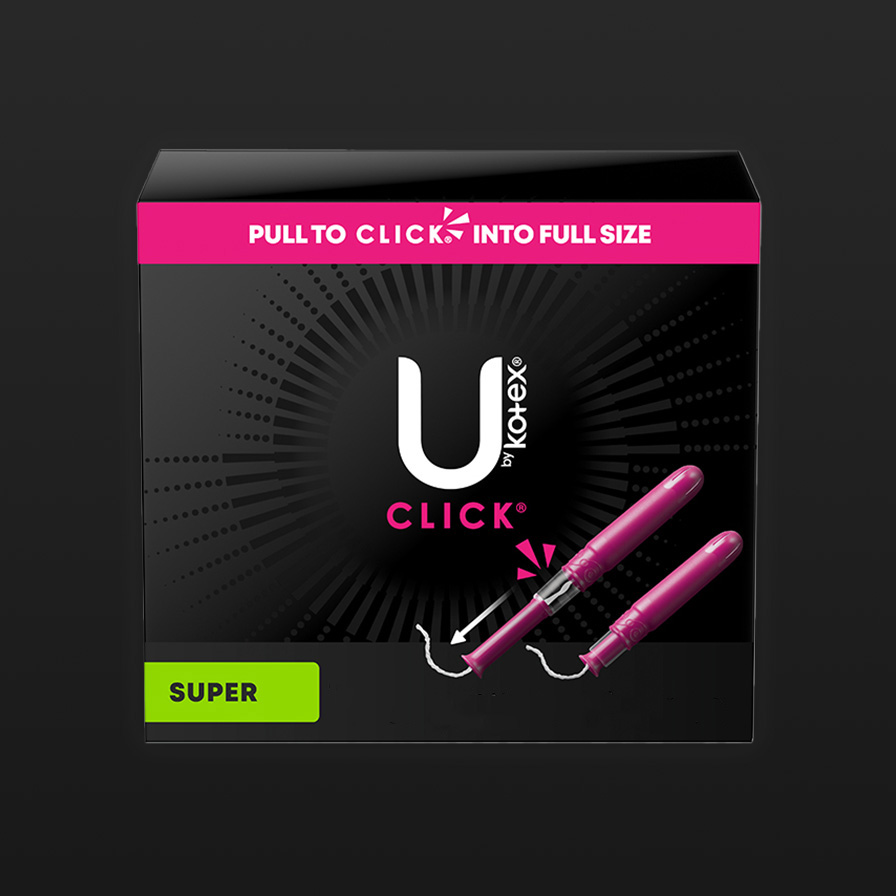No More Silence: Addressing Period Poverty and Mental Health
No More Silence: Addressing Period Poverty and Mental Health
How does period poverty affect mental health? Tomi-Ann Roberts, PhD and Professor of Psychology at Colorado College, explores how lack of access to period products affects one's life.
Are periods tied to our mental health? You bet they are! And for a surprising number of people, the shame that comes from not being able to afford period supplies is a recipe for developing more severe mental health issues like anxiety disorders and depression. Those most likely to experience period poverty are students, low-income and homeless women and girls and transgender and nonbinary individuals.
How Period Poverty Can Affect Mental Health
U by Kotex® data suggests that one in five low-income women report missing work, school or similar events due to lack of access to period supplies.1 The majority of those missing school are low-income students, who associate their periods with shame, because they feel uninformed about what menstruation is and can’t afford to buy supplies. Often, low-income girls and women have to make do with cloth, rags, tissues, toilet paper and sometimes even diapers or paper towels taken from public bathrooms.
It’s easy to see that period poverty creates a vicious cycle: having to stay home or sneak to find affordable solutions for your period reinforces feelings of shame, which can compound to lead to anxiety about your next cycle and whether you can find products, and this, then, can even lead to depression.
Shatter the Silence
Shame thrives in silence. But we can stop period poverty shame by ending the silence. Let’s work together – out loud – to wipe out the shame that too many girls and women feel when they can’t afford the period products they need. Here are some ways to raise your voice and address period poverty in your own community:
- Share openly: You’d give a friend a tissue if she needed one, so why not give her a tampon or a pad? When your exchange of kindness is witnessed by others, shame is defeated. You can also call 2-1-1 or visit 211.org to find an agency in your area that provides period products.
- Organize donations: Call on some friends to collect period product donations and make them available in your school or workplace. Put them in public places to show everyone that period supplies are just as important as pens and paper for students and workers to thrive. You can also find volunteer opportunities near you through the Alliance for Period Supplies’ national allied programs that collect and distribute menstrual/period supplies in local communities.
- Educate others: Share information about legislation around period products, such as the Menstrual Equity for All Act introduced by U.S. Representative Grace Meng earlier this year as the first comprehensive bill to address the different challenges that so many face in affording and accessing period products.
About Tomi-Ann Roberts: Tomi-Ann Roberts, PhD, is Professor of Psychology at Colorado College whose research, teaching, advocacy and expert testimony centers on her theory Objectification Theory, which examines the sexual objectification of girls and women. In addition to her scholarly publications, she has served on the American Psychological Association's Task Force on the Sexualization of Girls and as the President of the Society for Menstrual Cycle Research.
Sources referenced: 1: According to a 2018 U by Kotex® survey conducted with YouGov

